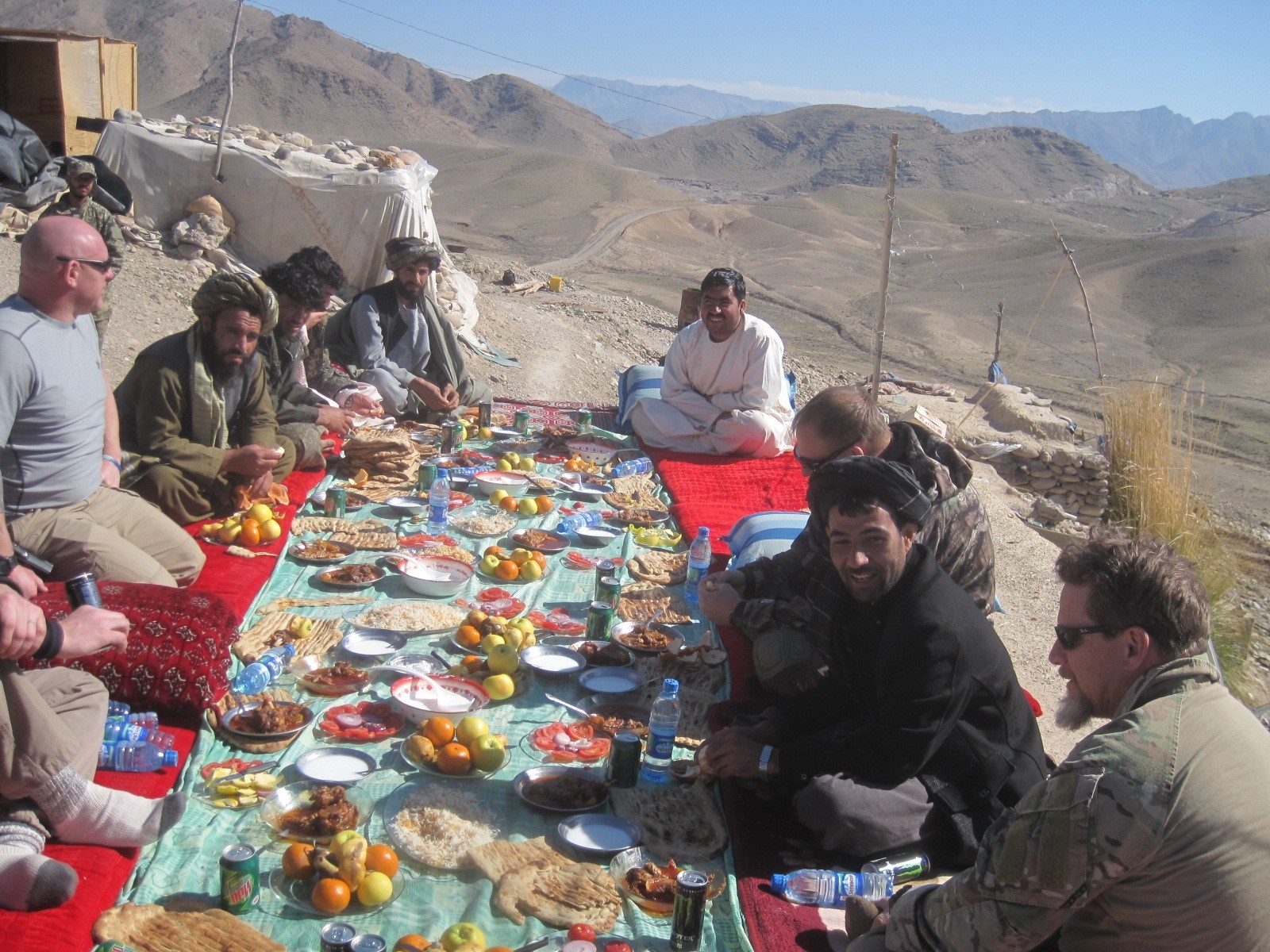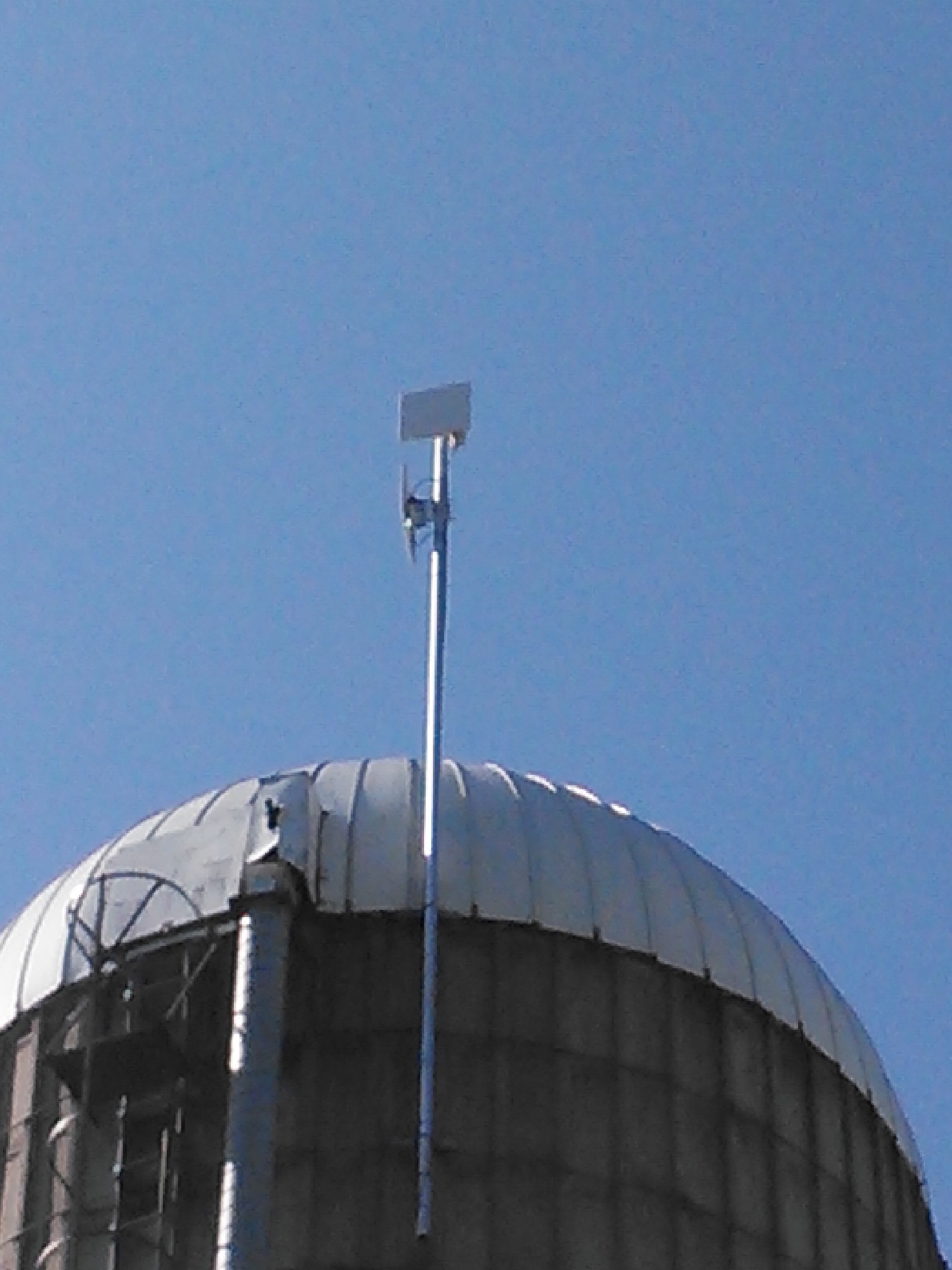Services

C21V Training
C21V Training C21V offers a comprehensive training package to the communities we assist. Our training philosophy is one of inclusion and cultural awareness with our host nation partners. We will train community members to build, sustain and maintain all aspects of our solution. Our training programs will enable self-reliance, community growth and economic stability. Our training philosophy is based around the Explanation, Demonstration and Imitation (EDI) method to allow for full trainee participation through out the program. For each project, we will develop a unique training package through consultation with local community leaders. Then we will engage hand-selected local national instructors to work alongside our culturally aware instructional staff as we build villages together with local people. C21V’s training staff have decades of training experience working closely with local communities in developing countries such as Africa, Central Asia and the Asia Pacific regions. Our staff understands it takes time to build strong productive team relationships. To do so our teams will live and work in the local community throughout the project, to include delivery of the post-project continuation training.

Renewable Power
C21V will integrate proven renewable technologies to create a total energy solution. By using a mix of wind, solar, and hydroelectric sources with battery energy storage we can produce a truly off grid power network for remote and previously unconnected communities. Wind speeds, sunlight averages and the type of water source will determine the best mix of technologies. Though site surveys are necessary to determine renewables mix for particular village, plans will center around:
- VERTICAL AXIS or HORIZONTAL wind turbines with final selection based on village location.
- SOLAR PANELS fitted to domes or incorporated into the wind turbine structures.
- MICRO-HYDRO energy generation solutions to utilize suitable water sources to provide energy all year round – from Pelton to Poncelet wheels or Archimedes screw solutions depending on water source.
- Nickel iron BATTERY banks to store energy for night use. This proven technology is low maintenance with a life span of over 25 years.
- MICRO-GRID control systems that will connect and optimize the various renewable systems.
Our renewables team have designed and installed proven technologies adapted to suit specific situations where deployed capabilities have also included elementary and reliable battery controls and inverters (battery to mains) to work in harsh and remote environments.

Communications
Our communication systems assist village management and improve provision of government or aid-based services, local business opportunities, health and education – providing the infrastructure for a new future. C21V communications systems are based on international standards using locally approved frequencies and carrier grade equipment requirement limited maintenance. Spares will be provided on a area basis with a local company being trained and designated as the maintainers to support village trained local services staff. C21V uses certified fiber, microwave, satellite and other commercial-off-the-shelf systems. Solutions include use of microwave and ‘TV White Space’ radios to provide internet access outside of cellular radio coverage and beyond the reach of wired internet use. The Communications Lead has over 30 years development and integration experience in extremely rugged environments from mountains to deserts and Arctic locations – deploying systems in support of disaster relief, search and rescue and government operations worldwide. For example, in rural locations, the communications team installed both unlicensed and lightly licensed frequency band radios to link farms in order to deliver wireless internet. They also linked cabins, farms and equipment to enable remote monitoring, and precision agriculture implementation. C21V’s communication systems connect local communities to the globe that can be used for Internet-based medical care, long-distance education or connection to national disaster warning systems.
Sustainability
Sustainability means many things to many people. But really it’s quite simple. Any project MUST be sustained by the end user with little or no input from an outside agency. When assisting communities hit by disaster, there is no point in building a scheme so complicated that any maintenance cannot be fixed quickly and cheaply by local community members. As much as practically possible, C21V will employ readily available off the shelf technology. We will choose communication and renewable products that are as reliable as humanly possible. If complex electronics can be avoided, we will avoid them. We will assess the availability of materials and equipment in the local area for every C21V project. We will modify our basic village model around the ability of that community to sustain the new village. For example, items like turbine support bearings can successfully be replaced with automotive wheel bearings. Using bearings from a popular local car or van would allow quick and easy repairs thus limiting down time and saving money. Another example is the use of nickel iron batteries. Using nickel iron batteries, an inexpensive stock item, removes the need for complex electronics, as a simple charge limiter can be used. Unlike lithium batteries, nickel iron batteries can take a great deal of abuse without compromising effectiveness and will last for many years longer (25yrs+) with little maintenance. In conclusion, simplicity is the core of every C21V design and village project. Practicality = Sustainability = Success


